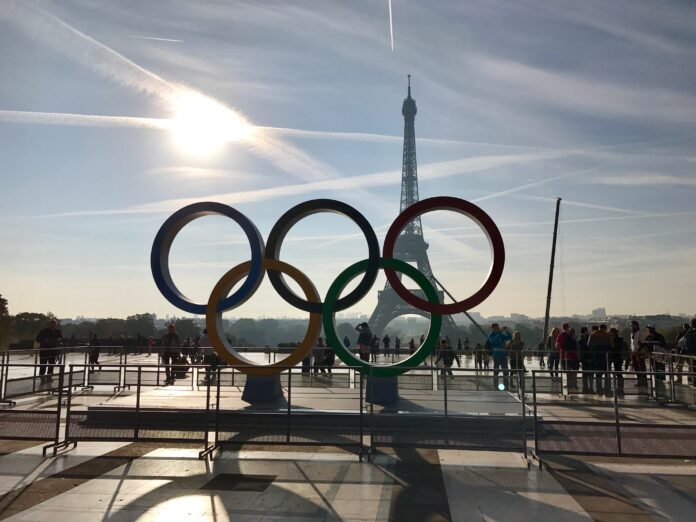French athletes will not be allowed to wear the headscarf during the 2024 Olympic Games in Paris, the country’s sports minister has said.
Appearing on France 3 TV on Sunday, Amelie Oudea-Castera expressed support for “strict secularism” and said that no French athlete or member of the French delegation would be allowed to wear the hijab or headscarf.
She said: “We agree with the recent judiciary system decision which the Prime Minister also expressed clearly, supporting strict secularism in sport. This means the prohibition of any kind of preaching and public sector neutrality. This means that members of our delegation, in our sports teams, will not wear the veil.”
The 2024 Olympic Summer Games will be held from July 26 to August 11 in the French capital, and many non-French athletes and sports officials will wear the hijab because the International Olympic Committee does not agree with the French government.
The IOC regards the veil not as a religious symbol but as a cultural symbol.
FIFA has also allowed players to wear a hijab since 2014. This summer in New Zealand and Australia, Moroccan defender Nouhaila Benzina became the first veiled player in a World Cup.
In France itself in 2016, a group of footballers, known as “Les Hijabeuses”, applied to the Council of State against the French Football Federation’s (FFF) decision to ban the head covering. But in June, the Council of State rejected the appeal and upheld the ban.
Subscribe to our newsletter and stay updated on the latest news and updates from around the Muslim world!
The Islamic veil has been a subject of controversy and legal restrictions in France for several years.
The issue revolves around the principle of laïcité, or secularism, which is deeply ingrained in French society and is enshrined in the French Constitution.
The wearing of the hijab, which covers the hair but not the face, is not illegal in France but is banned in certain contexts, such as in schools or government offices, with some arguing that it violates the principles of secularism.
Meanwhile, the ban on face-covering veils in public spaces in France can be traced back to the 2010 law, often referred to as the “burqa ban.” This law made it illegal for anyone to cover their face in public places, which includes streets, parks, public transportation, and government buildings.
The law was framed as a matter of security and the preservation of French values of equality and secularism. It was also argued that the face-covering veils undermine social cohesion and the ability to identify individuals in public spaces.
Critics of the ban argue that it infringes upon religious freedom and targets a specific group of people, primarily Muslim women. They view it as discriminatory and argue that women should have the right to choose how they dress.























